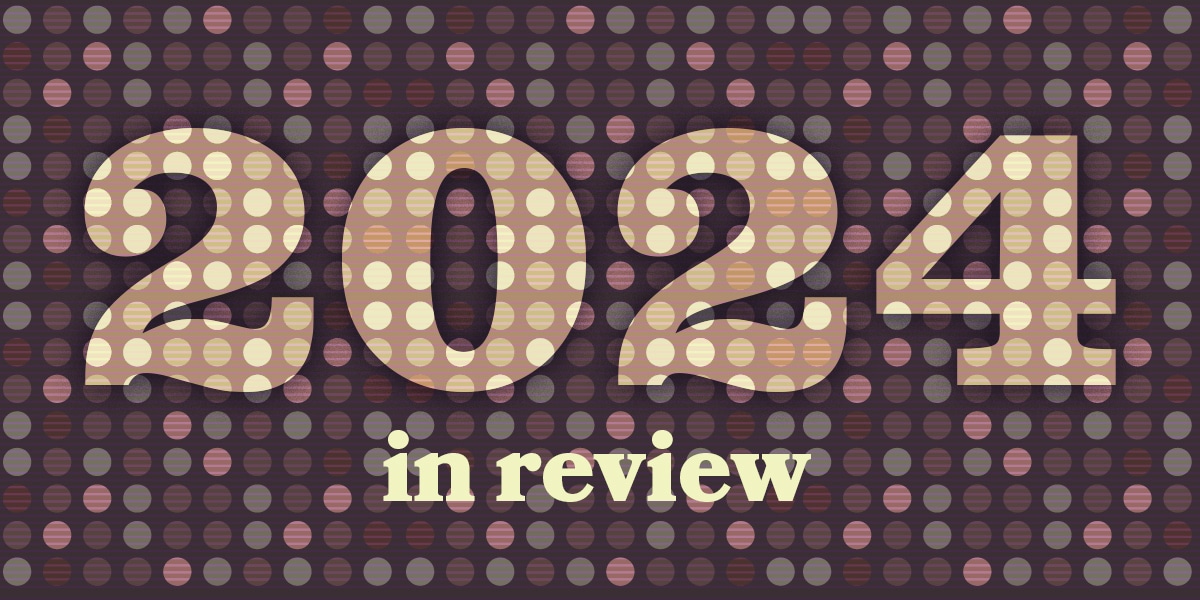The continued rise of decentralized networks in 2024 is redefining the landscape of social networks. Platforms like Mastodon, Bluesky, and Threads, although still in their early stages, have shown that by offering users more choices, innovation thrives, resulting in enhanced tools and protections for online rights. This shift towards a digital landscape that cannot be monopolized by a single large company has driven significant improvements in network resilience and user autonomy.
The phenomenon known as the Fediverse, which encompasses a variety of sites and services with Mastodon at the forefront, continues to evolve. Threads, from Meta, has started integrating into this decentralized network, marking a notable change for the company, which historically has created closed environments that limit the user experience. Now, by allowing Threads users to share posts with Mastodon and the Fediverse at large, Meta is introducing millions to the benefits of interoperability. However, Meta’s reputation regarding privacy and moderation has led many instances of the Fediverse to proactively block Threads, which could fragment this emerging network.
The first month of 2024 saw explosive growth for Bluesky, which started the year with fewer than 200,000 users and an invitation system. Within a few months, the platform saw a 500% increase, reaching over 25 million users. Unlike Mastodon, Bluesky chose to develop its own decentralized protocol, the AT Protocol, allowing users to easily port their data and identities, facilitating the creation of communities without the frustration of having to rebuild them after every change.
The competition between these new platforms highlights the vital importance of variety in promoting innovation. Spaces like Mastodon and Bluesky emerge to fill the voids left by corporate giants, offering users more personalized experiences. By focusing on competition and lack of central control, the internet has a chance to thrive.
Recent events have highlighted the dangers of concentrating too much power in a few dominant companies. A major global IT blackout this summer highlighted the fragility of digital monocultures, where a single point of failure can paralyze entire industries. These disruptions underscore the need for decentralization, where networks are designed to spread risk, preventing a single failure from compromising global stability.
This path towards a more decentralized and resilient internet is expected to continue in 2025, with interoperability and decentralization playing key roles in digital evolution. Organizations like the Electronic Frontier Foundation will continue to monitor potential threats to these projects and the obstacles that may arise in the growth of open ecosystems.
Source: MiMub in Spanish











